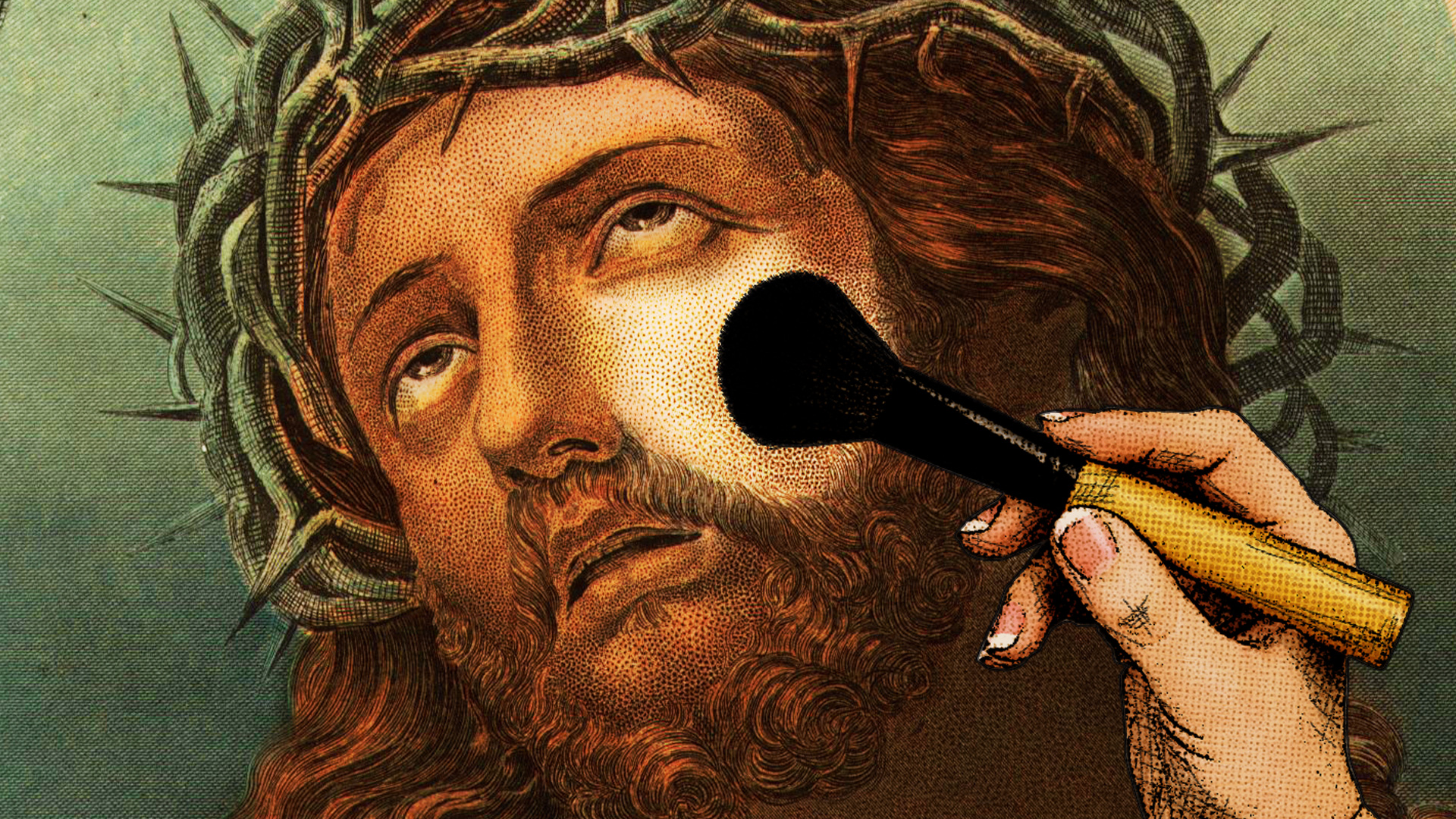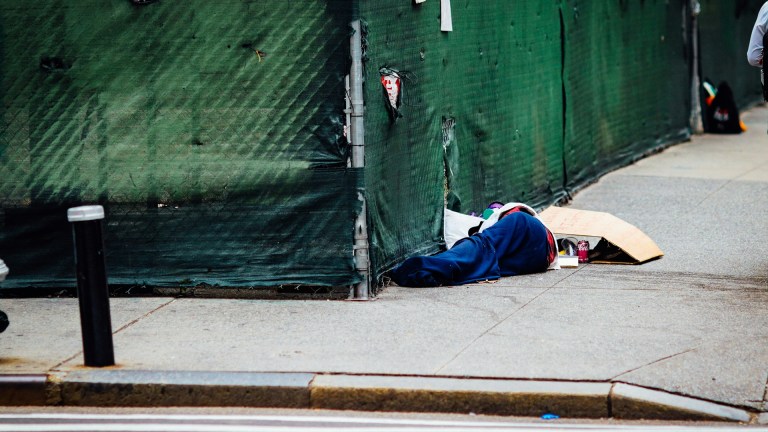The first time I encountered God in my likeness was in the middle of a shack. Although I had read the New York Times bestseller by William P Young some years before, there was something shockingly wonderful about watching the big screen adaptation of The Shack. The film tells the story of a man who – after an unspeakable family tragedy – encounters God the form of three persons – the Holy Spirit depicted as an Asian woman, Jesus, a Middle Eastern man, and God the Father as a curvy black woman named ‘Papa’, played by Octavia Spencer.
Despite a theology degree from Cambridge, in some ways it took a Hollywood film to help me shatter the illusion that I had been under all my life – that God was not a white man.
The God in The Shack looked a little bit like me; and it wasn’t until then I realised how the whiteness and maleness in my image of God had created a sense of distance. In a world where white men have been seen as the dominant and default human, what did that say about my place in the world – as someone who is neither white nor male?
The whitewashing of Jesus over centuries has gone hand in hand with the whitewashing of the Christian faith in general
Although intellectually and theologically most Christians know that God doesn’t look like Father Christmas and Jesus doesn’t look like a 1970s hippie, the reality is that is the picture most people – even many Black and brown ones – have in our heads.
When The Shack came out, it caused much consternation among certain sections of evangelical Christianity. For some, to depict God as anything other than a white man is part of some woke agenda, some drive to be politically correct, just like a Black actor being cast as Hamlet or Lear. For some it is seen as an attempt to rewrite history – those who see it in the same vein as decolonising the curriculum or statue-toppling.
They are wrong, of course, but what has led to these pervasive ideas of God’s maleness and Christ’s whiteness? The answers are clear: patriarchy and white supremacy.










